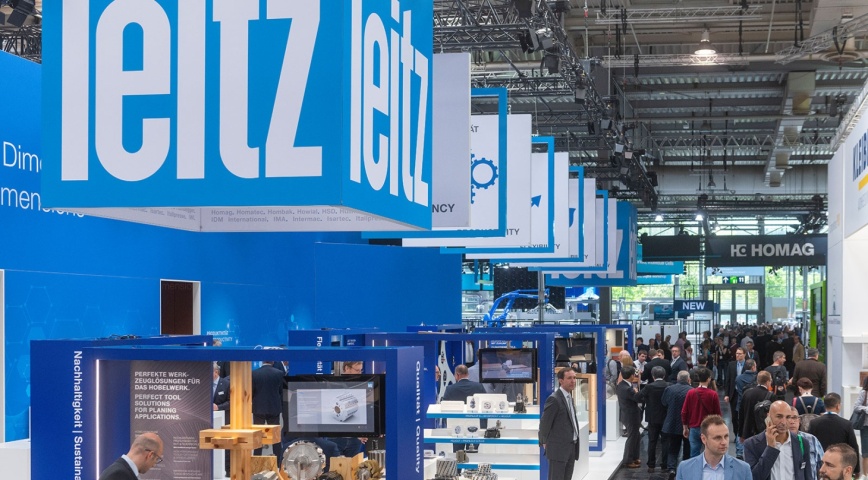Weak industrial production worldwide and growing protectionism have left their mark on the export balance of mechanical engineering companies from Germany, reported Germany's Mechanical Engineering Industry Association (VDMA). In 2019, the companies exported goods with a total value of 179.8 billion euros. According to provisional figures from the Federal Statistical Office, German machinery exports were thus 1.5% below the previous year's figure in real terms. Not adjusted for prices, machinery exports barely reached stagnation. With an export quota of almost 80%, mechanical engineering companies from Germany continue to have a strong presence on the world market, but also depend on its development. "In particular international trade disputes, increasing protectionism and the brexite hangover as well as the far-reaching structural change in the automotive industry have led to uncertainty and a reluctance to invest in many industries," explained VDMA economic expert Olaf Wortmann. "In view of the current order intake of mechanical engineering companies, a renewed decline in exports is likely for the whole of 2020," he predicted.
USA further expands position as most important single market
Between January and December, exports to the United States, the number one target country for German machinery exporters, rose by a nominal 4.3% to 20.1 billion euros. The USA thus accounts for 11.2% of total German machinery exports. However, the momentum slowed significantly in the course of the year. "This is not least because the trade dispute between the USA and China has also weakened industry in the United States," explained Wortmann.
In the first half of 2019, machinery exports to the USA still grew by a nominal 7.8%. In the second half of the year, on the other hand, it only grew by about 1%. Nevertheless, the USA was able to extend its lead over China, the second-ranking sales market.
In particular, international trade disputes, increasing protectionism and the brexite hangover as well as the far-reaching structural change in the automotive industry have led to uncertainty and a reluctance to invest in many industries.
Coronavirus dampens export expectations for Chinese market
German machinery exports to China contracted by a nominal 1.1% to 18.8 billion euros in 2019 as a whole. The People's Republic has a 10.5% share of total German machinery exports. "In the second half of 2019, growth in Chinese industry had stabilized again and there was hope that the trade war could be defused. But now China is confronted with the corona virus, the effects of which on global exports cannot yet be assessed," said Wortmann. "However, the corona danger does not change the fundamental importance of the Chinese market for our industry in the future," emphasized the VDMA economic expert.
France and Great Britain are taking different directions
Exports to EU countries (85.9 billion euros) in 2019 remained almost at the previous year's level. The EU countries together accounted for 47.8% of total German machinery exports. The most important partner here is traditionally France, the number three in the entire export ranking. German machinery exporters recorded a plus of 5.3% to 12.4 billion euros in business with France. "In 2019, French investment in equipment, including German machinery, developed much more dynamically than the EU average. One of the main reasons for these developments may well have been Macron's reform policy," Wortmann explained. The picture is different for exports to Great Britain. The political wrangling over the modalities of the brexit weighed heavily on exports to the United Kingdom from the second quarter of 2019 onwards. German mechanical engineering exporters recorded a nominal 5.8% drop in exports to 7.4 billion euros between January and December.
Exports to Russia and Turkey with growth in the second half of the year
Turkey and Russia were unable to maintain their prior-year levels. In 2019 as a whole, machinery exports to Turkey shrank by 3.3% to 3.2 billion euros. German mechanical engineering companies delivered goods worth 5.3 billion euros to Russia, 1.9% less than in 2018, although machinery exports to the two countries increased by 5.4 and 4.3% respectively in the second half of the year. Exports to Japan continued to develop positively (up 6.4% to 2.9 billion euros).
